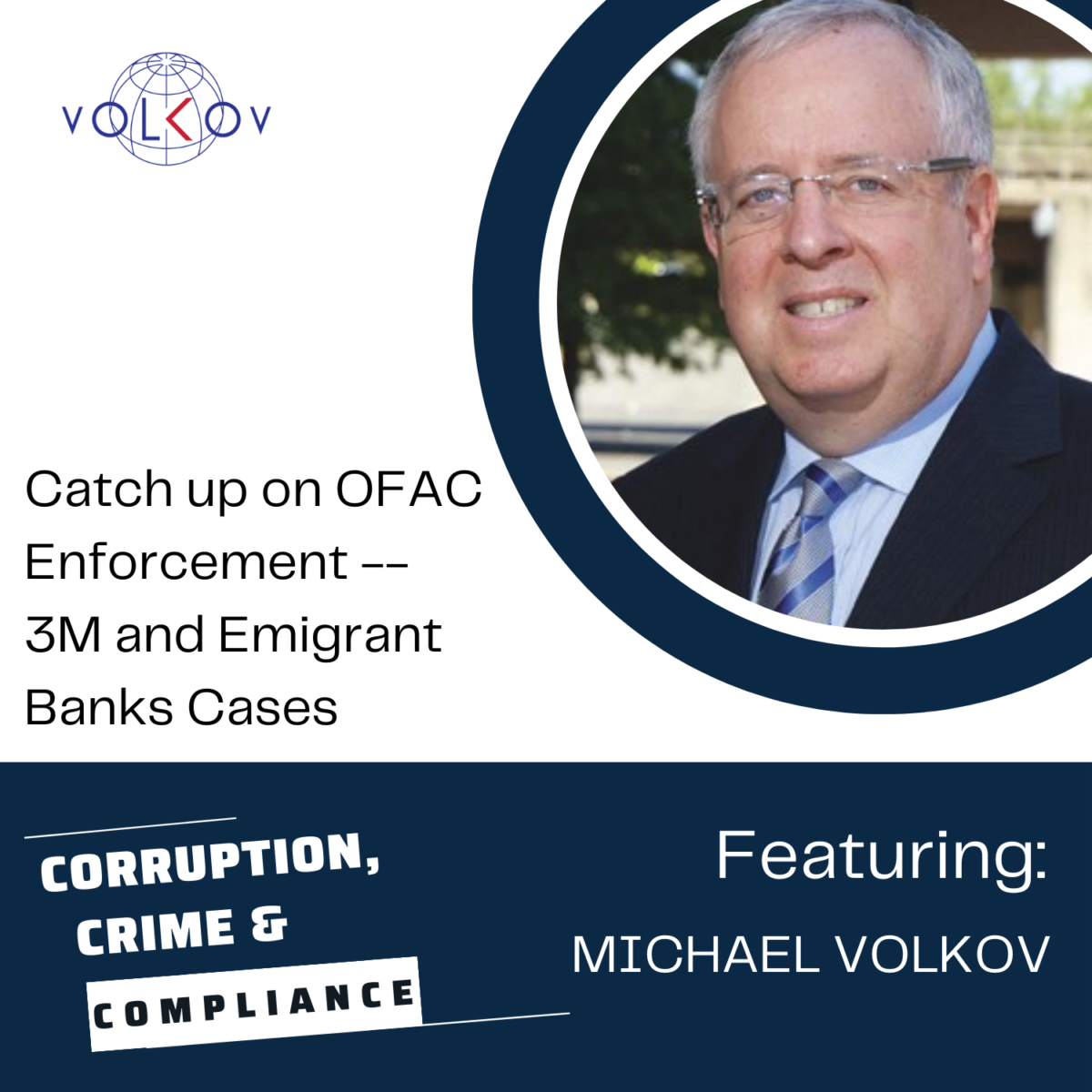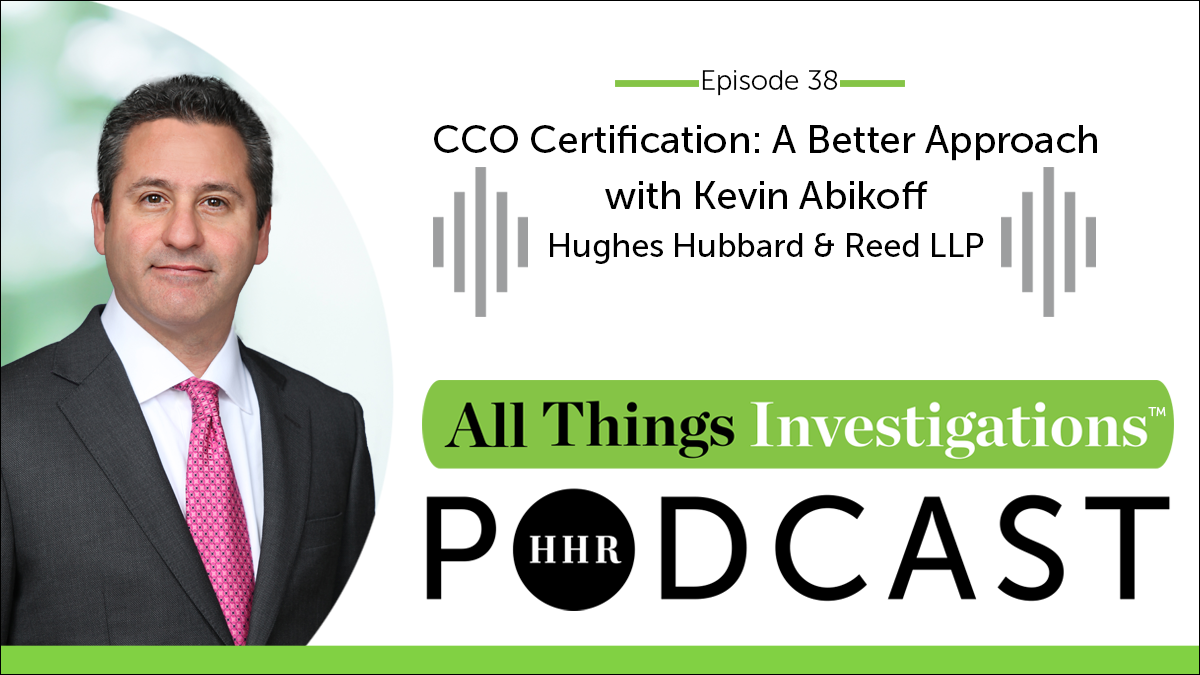Welcome to a review of all the Sherlock Holmes stories collected in the work “The Memoirs of Sherlock Holmes.” They appeared in the Strand Magazine from December 1892 to December 1893. Over the next 12 episodes, I will review each story and mine them for leadership, compliance, and ethical lessons. In this, we look at the Adventure of the Cardboard Box story.
The Adventures of Sherlock Holmes, written by Arthur Conan Doyle, is a collection of thrilling detective stories that have captivated readers for over a century. These stories provide an engaging reading experience and valuable insights into ethical principles and leadership qualities. In this article, we will explore the key factors that impact ethical principles in Sherlock Holmes stories and the importance of considering their impact.
One of the stories that exemplifies the ethical principles in Sherlock Holmes is “The Adventure of the Cardboard Box.” This particular story revolves around a gruesome package containing severed human ears, which sets off a murder mystery. Throughout the investigation, ethical principles such as privacy, empathy, justice, honesty, and professional responsibilities come to the forefront.
Respecting privacy is a crucial ethical principle highlighted in this story. Sherlock Holmes and his loyal friend Dr. Watson handle the matter discreetly, ensuring that the gruesome details of the crime are not shared with the victim, Miss Susan Cushing, unless necessary. This emphasizes respecting others’ privacy and not intruding into their personal affairs.
Sherlock Holmes also demonstrates empathy and compassion in this story. He shows an understanding of the characters’ emotions and listens to their concerns, offering support. This ethical value emphasizes the importance of being sympathetic toward others, acknowledging their feelings, and showing compassion in difficult situations.
Justice and fairness are fundamental principles upheld by Sherlock Holmes. He strives to uncover the truth behind the crime and ensure that justice is served. Holmes does not allow personal biases or prejudice to cloud his judgment and seeks fair treatment for all involved. This highlights the importance of upholding justice and fairness in all our actions and decisions.
Honesty and integrity are virtues maintained by Sherlock Holmes and Dr. Watson throughout their investigation. They present facts as they discover them and do not manipulate or distort the truth. They confront the harsh realities of the case and deliver the truth, even if it may be uncomfortable or unpleasant. This teaches that honesty and integrity are essential in pursuing justice and solving problems.
Professional responsibility is another ethical principle exemplified by Sherlock Holmes. As a detective, Holmes has a strong sense of professional responsibility. He takes his role seriously and is dedicated to using his skills to help those in need. He recognizes the importance of his expertise and its impact on people’s lives. This highlights professionals’ ethical duties to fulfill their responsibilities diligently and utilize their skills for the greater good.
While “The Adventure of the Cardboard Box” remains one of the most engaging tales in the Sherlock Holmes series, it is not without controversy. The story’s gruesome nature and its ethical dilemmas make it a thought-provoking read. It challenges readers to consider the tradeoffs in balancing different ethical factors and the challenges associated with other approaches.
In conclusion, the ethical principles in Sherlock Holmes stories by Arthur Conan Doyle provide valuable lessons for readers. The stories emphasize the importance of privacy, empathy, justice, honesty, and professional responsibilities. They demonstrate the tradeoffs in ethical decisions and the challenges of different approaches. By considering the impact of our actions on others, we can strive to uphold these ethical principles in our lives.
Resource
The New Annotated Sherlock Holmes










